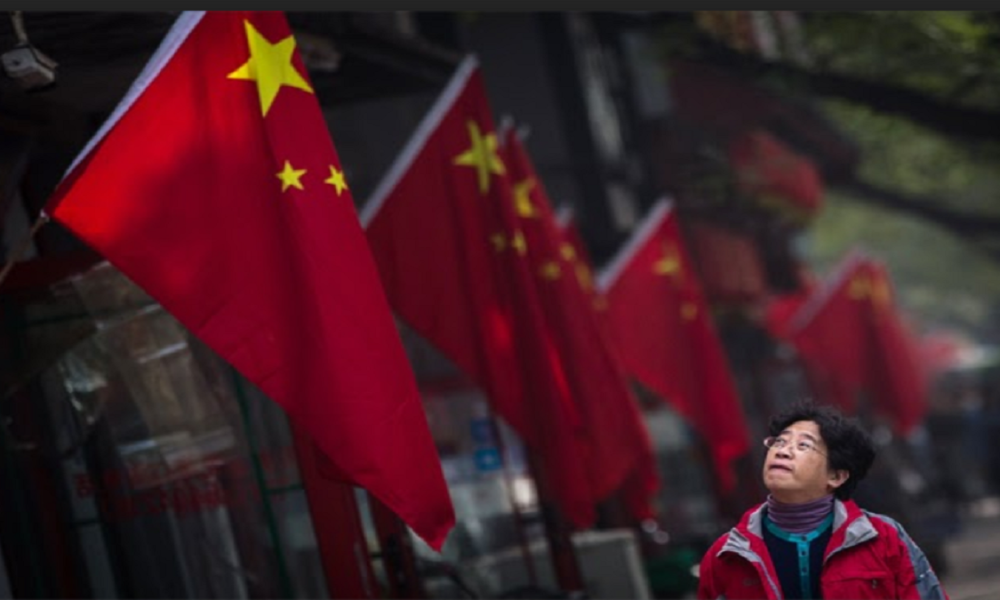In the seventh round of corps commanders’ marathon talks on Monday at Chushul, India and China agreed not to “turn differences into disputes” amid standoff along the Line of Actual Control (LAC) in eastern Ladakh.
It was nothing but the reiteration of one of the five points of the agreement reached between External Affairs Minister S. Jaishankar and his Chinese counterpart Wang Yi early last month in Moscow.
Interestingly, even as China agreed not to “turn differences into disputes”, it crossed the Lakshman Rekha when it said on Tuesday that it does not recognise Ladakh’s Union Territory (UT) status granted by New Delhi. The spokesman for China’s Foreign Ministry, Zhao Lijian, told the media that Beijing opposes India building infrastructure in the region. He was responding to a question related to the 44 new bridges India has built near the LAC with China in Ladakh and Arunachal Pradesh, which were inaugurated recently. “First I want to make it clear that China does not recognise the Ladakh Union Territory illegally set up by the Indian side and Arunachal Pradesh. We stand against the development of infrastructure facilities aimed at military contention along the border areas,” Lijian told the media.
“Based on consensus, neither should take actions along the border that might escalate the situation that is to avoid undermining the efforts by the two sides to ease the situation,” he added.
As for the LAC talks, they were “positive, constructive and had enhanced understanding of each other’s positions”, the two countries said in a joint press statement released by the Ministry of External Affairs on Tuesday. “The two sides had a sincere, in-depth and constructive exchange of views on disengagement along the Line of Actual Control in the Western Sector of India-China border areas,” it stated.
The statement mentioned that “both sides agreed to maintain dialogue and communication through military and diplomatic channels, and arrive at a mutually acceptable solution for disengagement as early as possible.” “Both sides agreed to earnestly implement the important understandings reached by the leaders of the two countries, not to turn differences into disputes, and jointly safeguard peace and tranquillity in the border areas,” it added.
The statement was issued after the seventh round of Corps Commander-level talks between New Delhi and Beijing. India and Chinese troops have been locked in a border standoff in eastern Ladakh since May. Sources said that China has given “a proposal” which will be examined and gone through by the China Study Group (CSG). The high-powered panel consisting of NSA Ajit Doval, Defence Minister Rajnath Singh, External Affairs Minister S. Jaishankar, CDS Bipin Rawat and services chiefs will go through it and take a call, sources told The Daily Guardian.
The contents of the proposal have not been shared by the MEA, sources added. However, it is said to be related to conditions for disengagement put forward by China. Sources said that the conditions may not be agreeable to India and may therefore be rejected by CSG. The joint statement did not, however, mention anything which could be interpreted as a breakthrough on disengagement or on restoration of status quo ante as sought by India.























